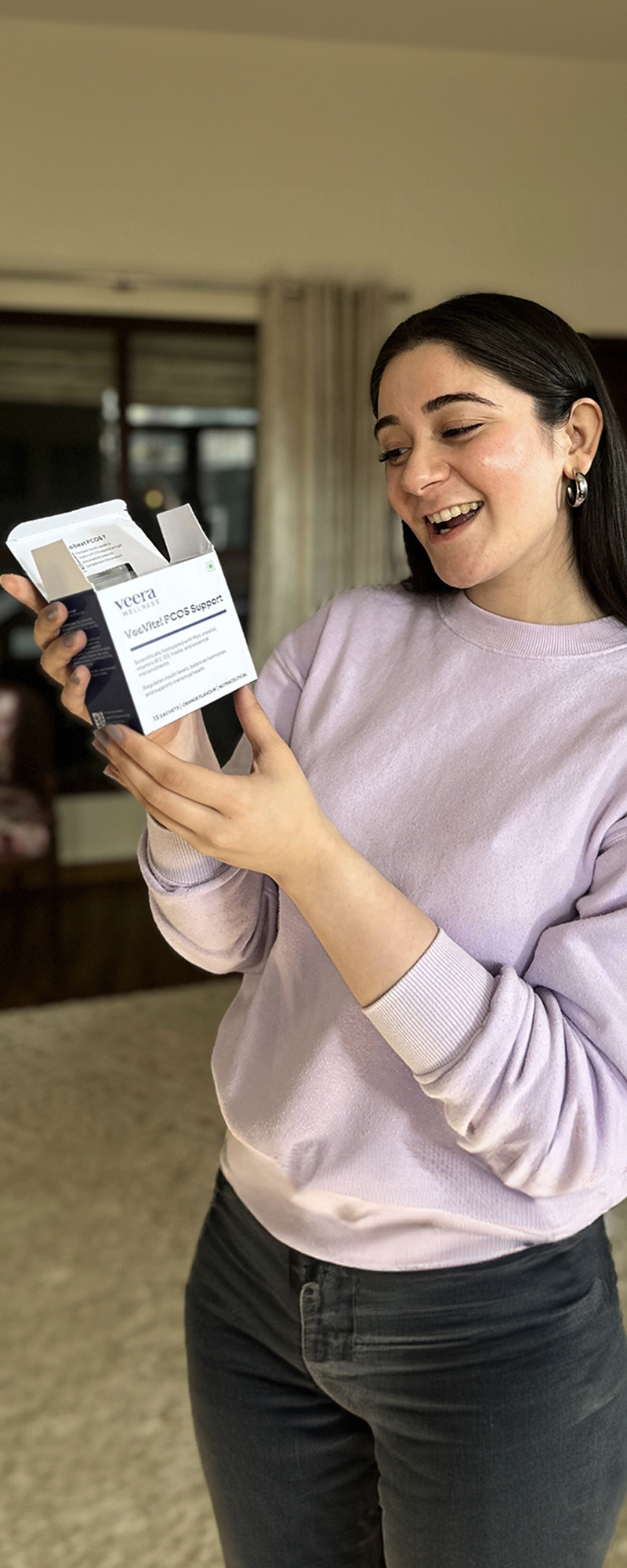It was the summer after my third year in college and I remember feeling very exhausted and pessimistic about the future. I was studying in a college in the US, far away from home and my support system. Add to that, third year is typically the most academically and socially stressful period in a college student’s time. And let me tell you, the dull, permanently cold (we’re talking -19 degrees Celsius temperatures) weather was not helping my mood either.
Dealing With Depression and Mood Swings
Now that I think about it, I was clearly clinically depressed for a large chunk of my college years—I wouldn’t eat well (sometimes too much and sometimes nothing), I avoided friends and my family’s calls, engaged in barely any exercise or fun hobbies, and felt like a melting ball of anger, low self-esteem, and sadness. Some days I would even have thoughts about self-harm and the pointlessness of life.
Trying Psychotherapy Sessions
Although I had tried one or two psychotherapy sessions at my college’s counseling center, I couldn’t get myself to develop any positive thinking or energy to accomplish my goals. I finally consulted a psychiatrist with my parents when I returned to Bombay for my summer break. He suggested that my mood changes could be a result of having Polycystic Ovarian Syndrome (PCOS).
Mild PCOS Symptoms
While I didn’t have the obvious symptoms of PCOS, such as weight gain, acne, excessive hair growth and irregular periods, my psychiatrist suggested I get an ultrasound exam to see if I had a mild form of PCOS. After getting an ultrasound, it was confirmed that I had mild PCOS. Initially, I have to admit, I was very scared. I had read all these articles online that discussed how PCOS was the leading cause of infertility in women and that it could make women more likely to develop obesity and diabetes.
Struggling With Anxiety
Reading so many inaccurate articles online only increased my anxiety and depression.It was only after I consulted a trusted gynecologist that I learned that there was no cause for worry—by following a healthy diet (cutting down on fatty and sugary foods) and exercising regularly I would be able to fight PCOS. She told me it was a myth that all women with PCOS would be infertile. With renewed hope, for several months I took her advice to heart; I was strict with what I ate and going to the gym frequently. In my follow-up visit, my gynecologist assured me that I was managing my PCOS well—I had lost 10 pounds and suffered from fewer mood swings.
Winning the Battle
While I still had to continue with counseling to defeat my depression, I felt like I had won a large part of the battle. I was grateful that I had the support of trusted doctors to educate me on the connection between different conditions that I was suffering from and dispel health myths. It made me feel empowered and more in control of my own health care journey.
Learn More with Veera Health
Depression can affect your quality of life in many ways. If you are struggling with mental health issues, it is important to seek proper medical care. Alongside self-care strategies, a professional can help you better understand your triggers, thoughts and feelings. At Veera Health, our mental health experts provide judgement-free, compassionate care for a range of mood disorders. Book a free appointment with our PCOS experts to get started!




















